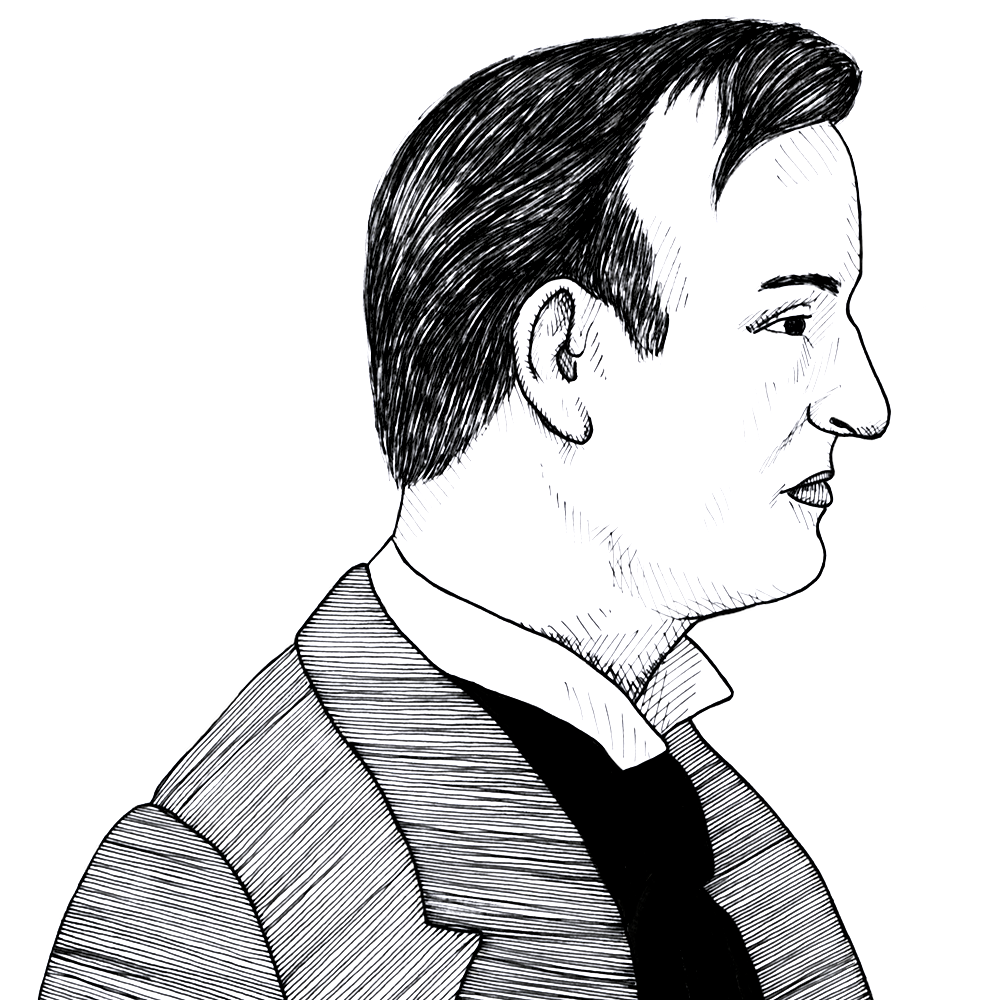
The State of California issued its own Bill of Rights in 1849 with a strong defence of property rights (1849)
Found in: The Federal and State Constitutions, Vol. I United States-Alabama-District of Columbia
The Declaration of Rights in the California Constitution of 1849 listed among a person’s inalienable rights “acquiring, possessing, and protecting property” as well as a ban on a standing army in time of peace:
Natural Rights
Section 1. All men are by nature free and independent, and have certain inalienable rights, among which are those of enjoying and defending life and liberty, acquiring, possessing, and protecting property, and pursuing and obtaining safety and happiness.
Sec. 12. The military shall be subordinate to the civil power. No standing army shall be kept up by this State in time of peace; and in time of war no appropriation for a standing army shall be for a longer time than two years.